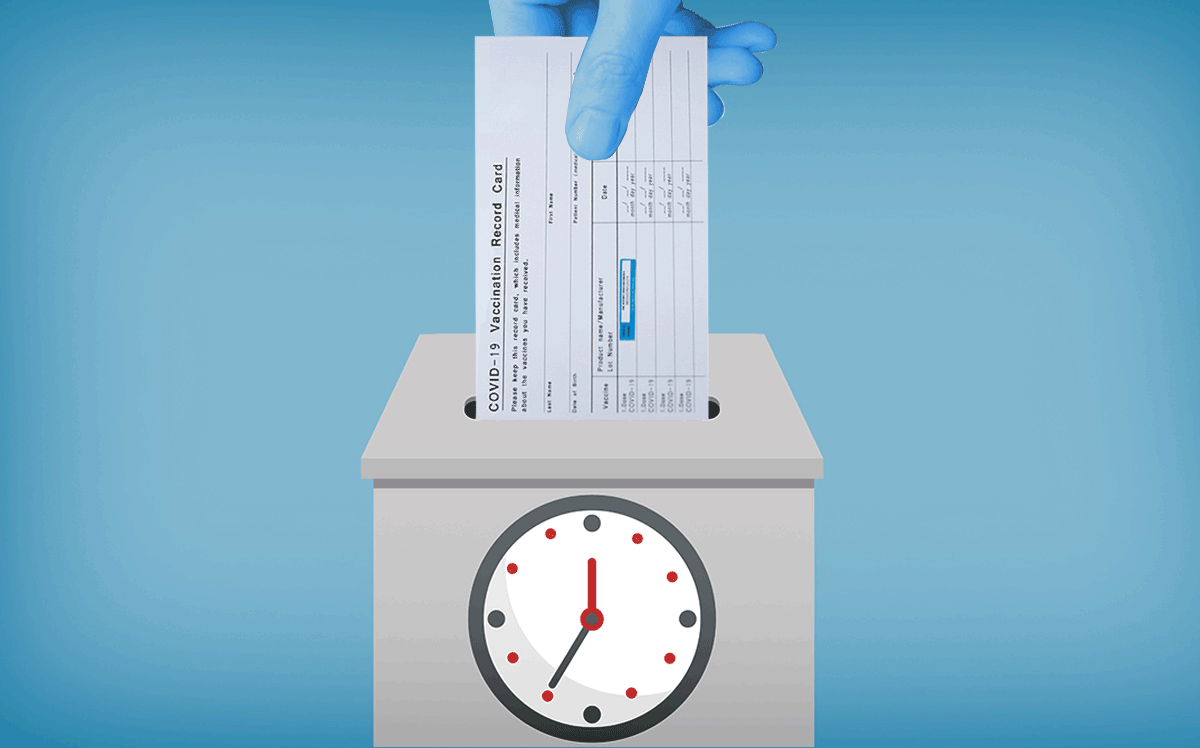As more New Yorkers become eligible for the Covid-19 vaccine, some condominiums and cooperatives are considering whether to mandate that building workers be inoculated.
Attorney Leni Morrison Cummins of Cozen O’Connor said she has begun drafting vaccination policies for a handful of the 75 condominium and cooperative boards she represents.
“I am recommending that boards consider adopting a policy,” she said. “You have every legal right.”
Such policies would apply to doormen, building managers, security guards, cleaners and contractors. Though all have been considered essential workers and exempt from the state’s stay-at-home orders, they were not eligible for vaccination until this week.
32BJ SEIU, along with the Realty Advisory Board on Labor Relations and the Real Estate Board of New York, has been calling on the governor to expand eligibility over the past few months, according to a union spokesperson.
“Building service workers have protected the city during the pandemic and will now get the protection they need to stay safe,” 32BJ President Kyle Bragg said in a statement. “Their health and safety is tied to the city’s health and safety.”
There are two types of vaccination policies some buildings are considering introducing; one for employees and another for third-party contractors. Cummins noted that buildings must accommodate employees who don’t choose to be vaccinated due to underlying medical conditions or strongly-held religious beliefs. For contractors, she’s recommending buildings introduce a “Covid rider” to alteration agreements, noting that the people entering the building to do the work must attest to being vaccinated.
“If you’re waiting until it’s already an issue, you’re already late,” she said.
But not all lawyers and building managers agree with that approach.
“Generally speaking, we are advising our boards that the carrot should be stronger than the stick,” said Dennis DePaola, Orsid Realty’s director of compliance.
Orsid — which manages over 17,000 units predominantly in luxury condos and co-ops — is encouraging its building employees to get vaccinated by rolling out a series of seminars and initiatives to educate employees about vaccination, and even engaging a charity to help its employees book vaccination appointments.
Though DePaola is aware of vaccination policies being considered by some buildings, he said most boards haven’t been too zealous because getting a vaccine has been hard to obtain for everyone, and “residents themselves aren’t 100 percent vaccinated.”
He anticipates problems regarding the vaccination rate of employees won’t arise until vaccines are more easily accessible.
About 85 percent of Orsid’s portfolio is unionized, so the property manager is working closely with 32BJ to encourage employees to get vaccinated. If an employee declines to be vaccinated, De Paola said the firm will offer reasonable accommodation, such as requiring the person to wear a mask while on the job and maintain social distance.
Steven Sladkus, a partner at Schwartz Sladkus Reich Greenberg Atlas, said he viewed the idea of policies mandating third-parties like contractors particularly problematic.
“Generally speaking, [I] think that requiring contractors or third parties to have vaccinations before gaining admittance to the building would be extraordinarily problematic and challengeable,” he said. A resident might argue the board is acting in bad faith or absconding its fiduciary duty by barring them from hiring an unvaccinated contractor, he explained.
Though he hasn’t been involved in drafting any such policies so far, Sladkus admitted that “it’s arguable both ways.”
